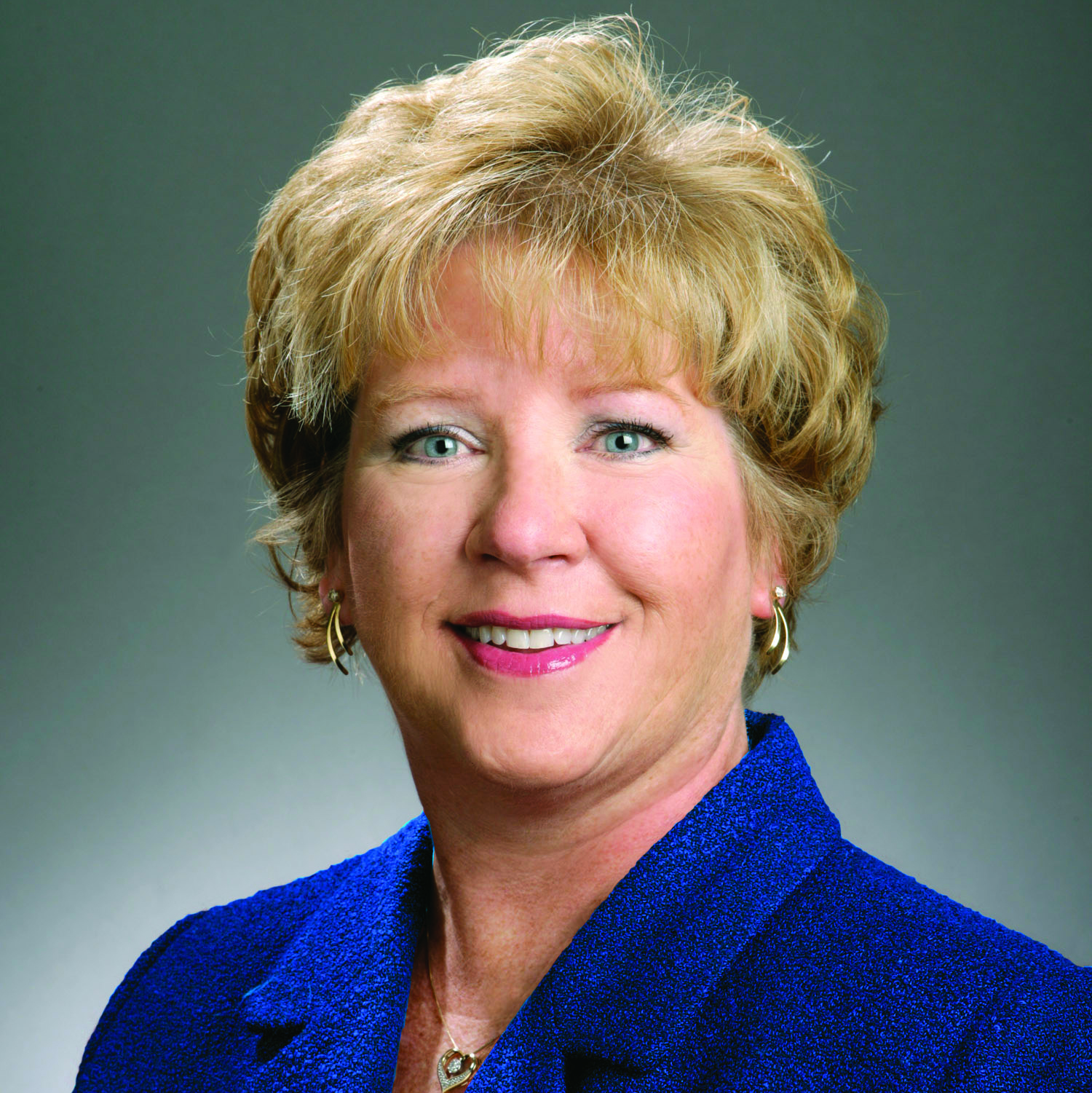
If you’re running a nonprofit organization, chances are you’ve heard that you need to register your solicitation registration. You may have also heard about the Charleston Principles, but what exactly are they?
Let me explain . . .
Even with the advances in technology, most of the state laws that require solicitation registration apply to traditional fundraising methods such as direct mail, telephone, and in-person situations. Using fundraising techniques beyond the traditional ones, such as internet solicitation, has raised several issues that have concerned and confused state charity officials.
In an effort to make solicitation regulation less confusing, various state regulators such as the National Association of Attorneys General and the National Association of State Charities Officials have drafted and published guidelines known as the Charleston Principles.
These guidelines provide states with relevant information regarding internet solicitations and when nonprofit organizations should be required to register. Since the Charleston Principles are guidelines and not laws, states are not bound to follow them. Additionally, the Charleston Principles can be changed and updated as laws develop and change.
Since the Charleston Principles are guidelines and not laws, states are not bound to follow them. Additionally, the Charleston Principles can be changed and updated as laws develop and change. According to the Charleston Principles, a charity organization that has an established building or place of business in the state and uses the internet to complete fundraising and solicitation
According to the Charleston Principles, a charity organization that has an established building or place of business in the state and uses the internet to complete fundraising and solicitation campaigns must register in that state.
In the event that the organization is not established or “domiciled” in the state, it should still register if it targets people within the state or it receives contributions from people within the state on a regular basis. A nonprofit service should also register if it conducts non-internet activities that require registration in the state such as direct mail or telephone solicitations.
A nonprofit service should also register if it conducts non-internet activities that require registration in the state such as direct mail or telephone solicitations. We recommend that all charitable organizations who are intending to solicit donations and contributions via the internet should seek the legal advice of experienced counsel in order to receive the most accurate and current information. It is important to note that the Charleston Principles were written and published in 1991, an era that seems completely out-of-touch with today’s technology.
We recommend that all charitable organizations that are intending to solicit donations and contributions via the internet should seek the legal advice of experienced counsel in order to receive the most accurate and current information.
It is also important to know that the Charleston Principles were originally written in ambiguous terms, and over the years as situations arose, states have rewritten their laws and regulations regarding online solicitation by nonprofits. This is why it’s crucial to seek the counsel of an experienced legal professional. As of today, 39 states and the D.C. area have officially adopted the Charleston Principles. Another 7 states use them as guidelines while having other regulations while reviewing online solicitation campaigns on a case-by-case basis.
As of today, 39 states and the D.C. area have officially adopted the Charleston Principles. Another 7 states use them as guidelines while having other regulations while reviewing online solicitation campaigns on a case-by-case basis.
To error on the side of caution, be sure to check with your state regarding completing and registering your charitable solicitation form.
Theresa (Mulford) Bornbach
Founding Principal | Capstone Charity Resources
You can learn more about Theresa by visiting http://capstonecharityresources.org
Over the past 30 years, Theresa has held executive positions (vice president and director) in regulatory and compliance roles. Her nonprofit experience includes serving in an assistant director position for a national nonprofit and an assistant business manager role for a Midwestern liberal arts college. She has also served as a volunteer, board member and board of trustees member for various nonprofit organizations. As an entrepreneur, Theresa has owned and operated several small businesses. She earned her undergraduate degree in Business, Psychology and Spanish from Coe College and an MBA from Southeastern University.
